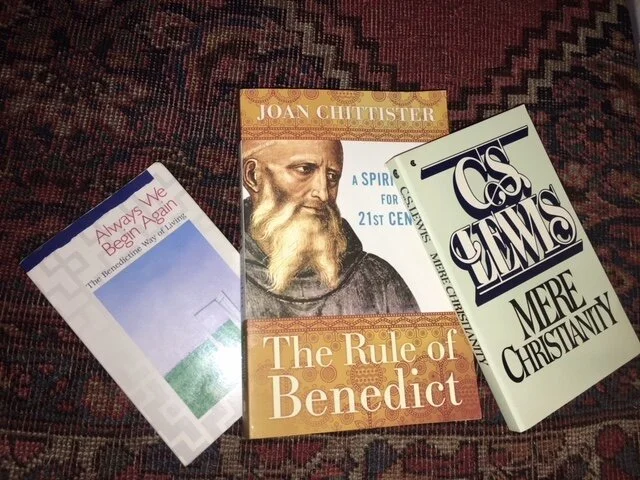“Darkness is not dark for you, and night shines as the day. Darkness and light are but one.” —Psalm 139:12.
Richard Rohr in his daily emails1 describes the two traditional approaches to God as “dark” and “light.” The more cognitive, formal, theological approach is called the kataphatic way. In it we reach God by learning and studying the divine, practicing an ascent to the sacred, reaching for the light. This has been the most followed approach to God since the Protestant Reformation and the Age of Enlightenment. It could be described as the way of knowledge or knowing God.
The other spiritual tradition or way of seeking God is the apophatic way, in which we move beyond words and rational knowing into silence. This is the contemplative approach to the mystery, the “not-knowing.” It is a descent into the dark, into the unknown sacred within.
Rohr emphasizes how important both ways of seeking God are for a balanced spiritual life. Those whose personality type involves more thinking and sensing, making decisions based on concrete, rational, reasonable facts, will be drawn to the kataphatic, or ascent approach. Those whose personality leans more toward feeling and intuitive functions, who make decisions based on relationships, considering many connections and patterns, may be more drawn to the descending apophatic or inward approach.
Many involved in spiritual direction suggest that we try to use the approach opposite to our tendencies during Advent and Lent. For example, if we are a thinking person, we are to try some form of contemplative prayer. If we are a feeling and intuitive person, we should consider putting our toe into the water by studying our tradition, sacred Scripture, or the writings of significant theologians.
Just a suggestion to think or wonder about.
1Richard Rohr, Center for Action and Contemplation. Daily Meditation, “Darkness and Light,” adapted from Richard Rohr’s Things Hidden: Scripture as Spirituality (Franciscan Media, 2008), pp. 115-116.
Joanna . joannaseibert.com
Book Sale and Signing at St. Mark’s Episcopal Church
Between 8 and 10:30 services and after 10:30 service
November 24th
We will be studying A Spiritual Rx for Advent, Christmas and Epiphany during the forum at 9:15 am during Sundays in December
A Spiritual Rx for Advent Christmas, and Epiphany
The Sequel to A Spiritual Rx for Lent and Easter
Both are $18. All Money from book sales goes to Camp Mitchell





